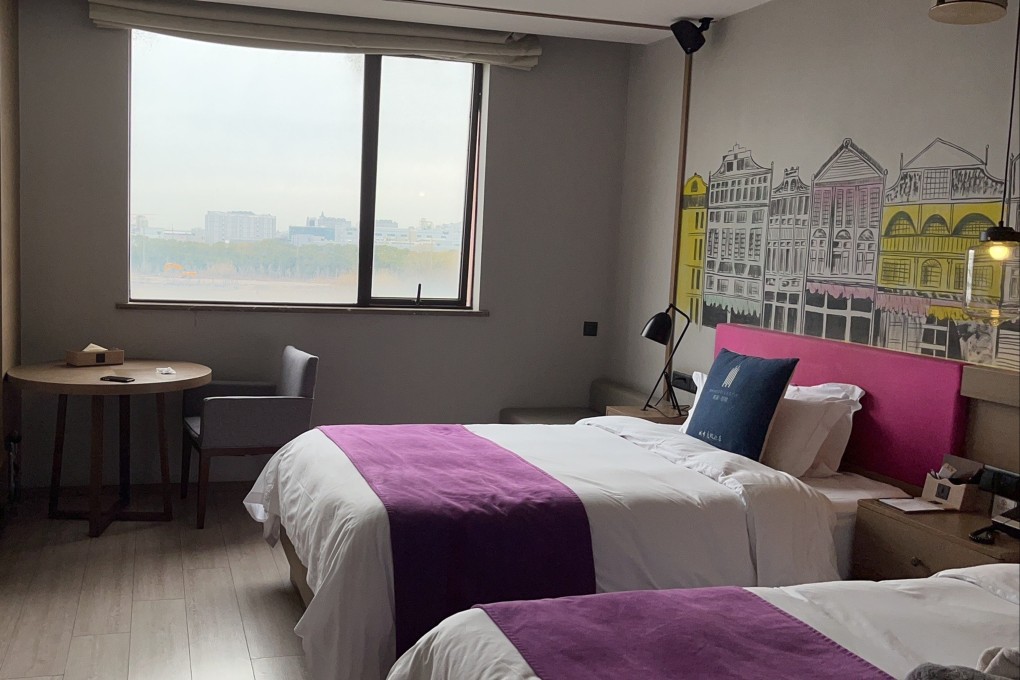China coronavirus quarantine diary: ‘Hang in there. You only need to stay 7 days, we have to stay for months’
- China has resolutely stuck to its zero-Covid approach to dealing with the coronavirus, which differs from many countries which are moving to a ‘living with the virus’ approach
- SCMP reporter Ji Siqi decided to return to her hometown despite Shenyang having the world’s most stringent coronavirus quarantine measures for overseas travellers

Day 14-21: second Shanghai hotel
After the first 14 days of quarantine, I could have left Shanghai and headed home, but I chose to stay.
According to the policies of Shanghai and Shenyang, I could either choose to quarantine in another hotel in Shanghai for an extra seven days, or go back to Shenyang directly and quarantine for two more weeks.
Like many people in the same situation, I saw this policy gap as an opportunity. I would rather stay in Shanghai so that I could be set free a week earlier, and I could hang out with friends in the fourth week in the city before returning home to spend the remaining 28 days with my family.
Thinking of my upcoming free life a week later, I boarded the bus heading to the second hotel with a light heart.
Then I saw a long queue of people along the street outside a hospital, and my heart sank
Previously, you could book the second hotel on your own, but as the city was facing a flock of travellers from Hong Kong, this also became a random allocation to a government designated quarantine hotel.